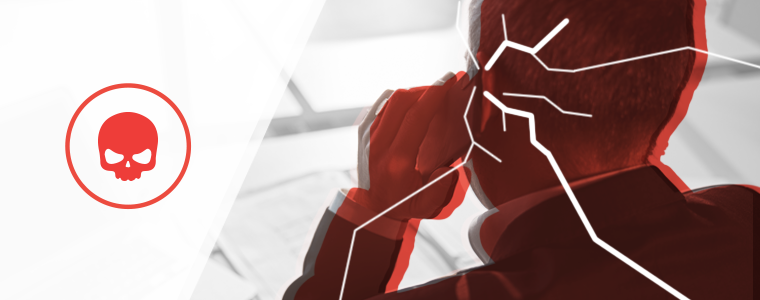The Importance of Cybersecurity in Healthcare
Healthcare organizations have become more connected and vulnerable to cyber threats. Cyberattacks come in various forms, from personal information theft to ransomware to phishing. Because healthcare companies are among the most frequent targets, strengthening cybersecurity systems has become one of the industry’s highest priorities.
Why is Healthcare More Vulnerable to Cyberattacks?
Healthcare organizations have become more vulnerable to cyberattacks since the switch to digital technology from conventional paperwork. Their computer systems are more valuable to hackers and cyber thieves, who often attempt to leverage a patient’s health when demanding ransom fees for sensitive personal information.
Healthcare Data Regulations
The healthcare industry has created guidelines and regulations to help control cyberattacks and private health data leaks. Originating in 1996, the Health Insurance Portability and Accountability Act (HIPAA) covers data availability, confidentiality, and integrity, including protection like authentication and encryption for system access.
Noncompliance occurs when an individual does not follow HIPAA standards, fraud protection, antitrust, or drug regulations. The most common issues surround patient information privacy, billing practices, and patient safety.
What Happens if a Healthcare Company is Not Compliant with Industry Standards?
Noncompliance in healthcare can lead to operational disruption, productivity losses, penalties, fines, and settlement costs. Although there is no single cost of non-compliance, an organization can potentially face multiple circumstances with higher impacts, including:
- HIPAA breaches.
- Government audits and violation fines.
- Class-action and civil lawsuits.
- Settlements.
Common Cyberattacks on Healthcare
Cyberattacks in the healthcare industry can come in various forms from many sources. An attack’s impact can vary depending on the facility’s size, attack type, and the amount of breached information. Unprotected systems and devices are the most accessible targets.
Some of the most common types of attacks include:
- Malware and ransomware.
- Phishing websites and links.
- Cloud storage threats.
- Distributed denial-of-service (DDoS) attacks.
How to Protect Patient Information and Comply with Healthcare Data Regulations
HIPAA compliance requires healthcare organizations to secure electronic protected health information (ePHI) against administrative, physical, or technical breaches. However, basic compliance does not guarantee safety from cybersecurity breaches or attacks. To best prevent cyberattacks, you must implement additional protection measures like:
- Secure communication over devices and services.
- Data storage protection and encryption.
- Controlling and limiting network and physical access.
- Authentication and authorization for use.
- Backups, updates, and maintenance.
- Cybersecurity training for staff members.
Learn More About Agio’s Healthcare Cybersecurity Services
Agio’s Healthcare 360° Cybersecurity Program is a customizable, proactive approach to all your cybersecurity needs. Our team can perform a detailed risk management assessment of your existing system to help determine the best custom package for your system. Contact us today to learn more.
Share post
Featured Posts
Connect with us.
Need a solution? Want to partner with us? Please complete the fields below to connect with a member of our team.



